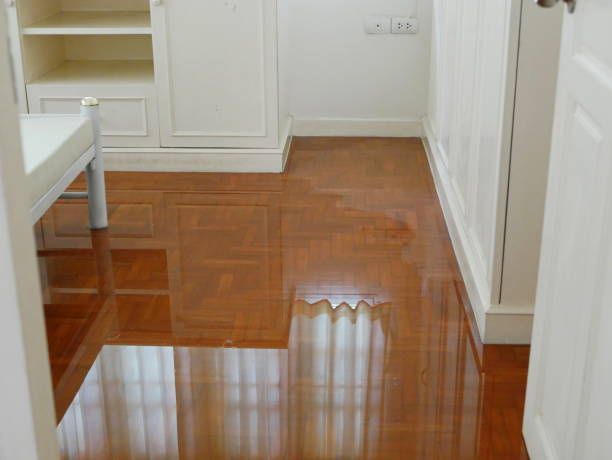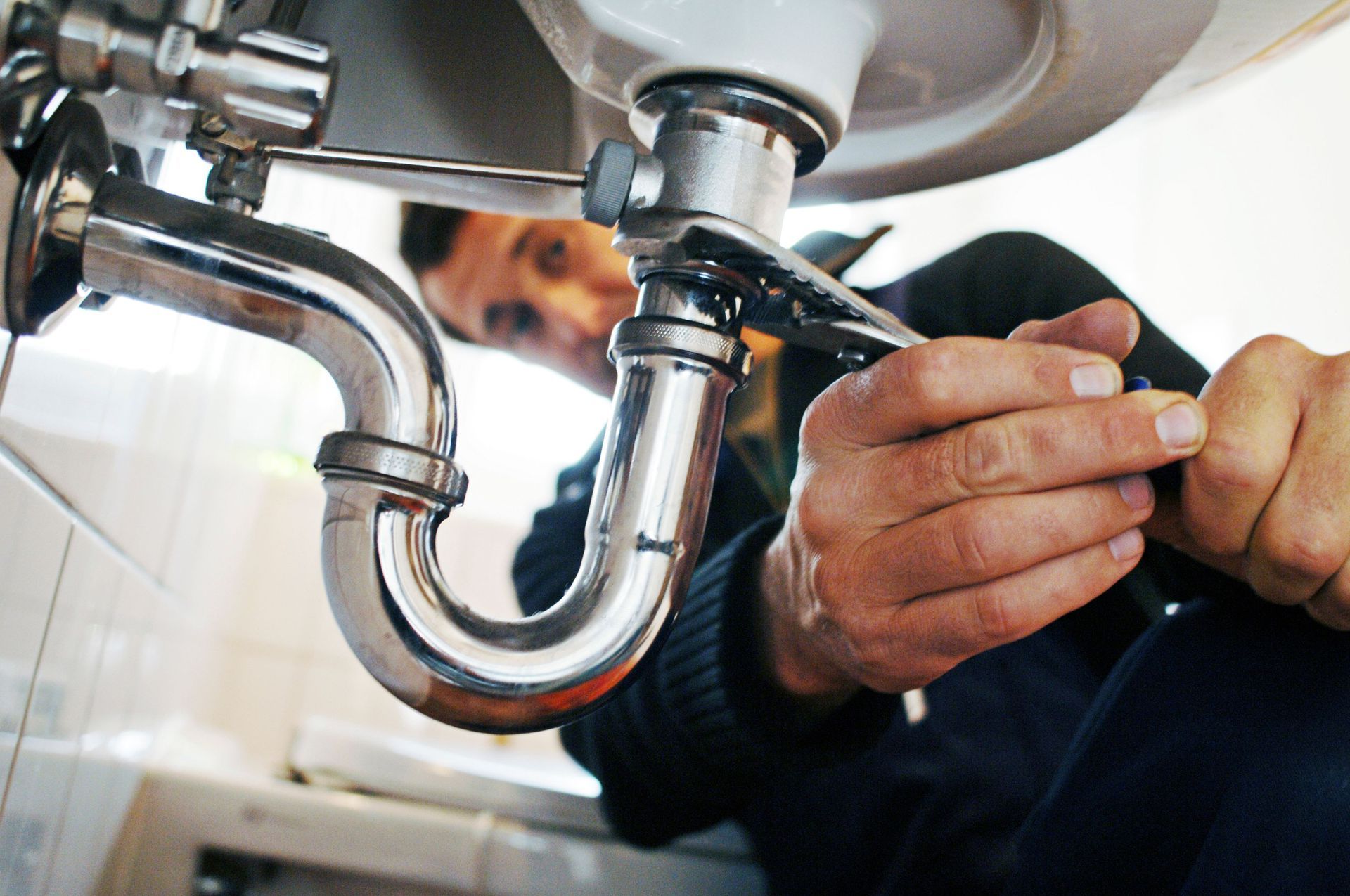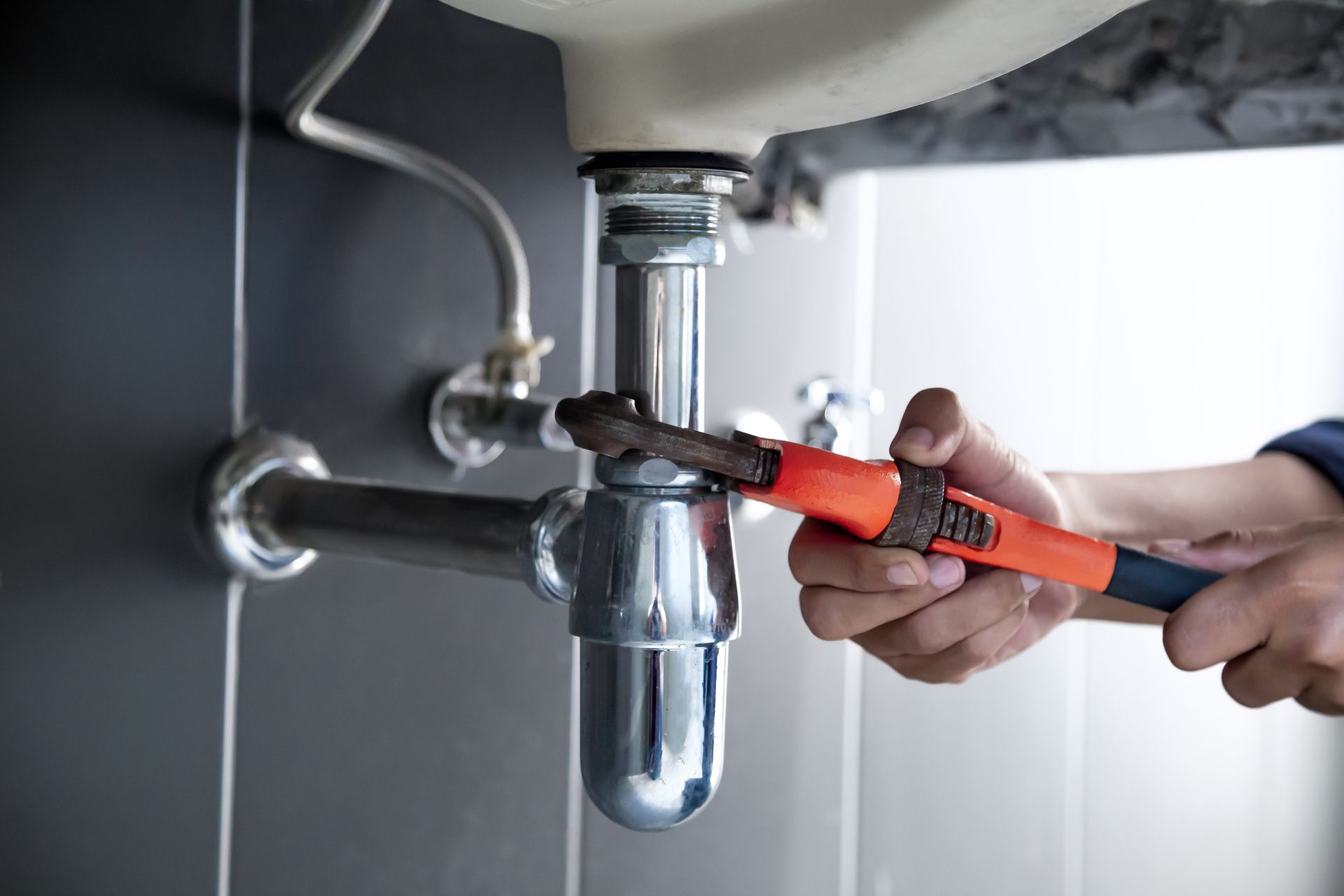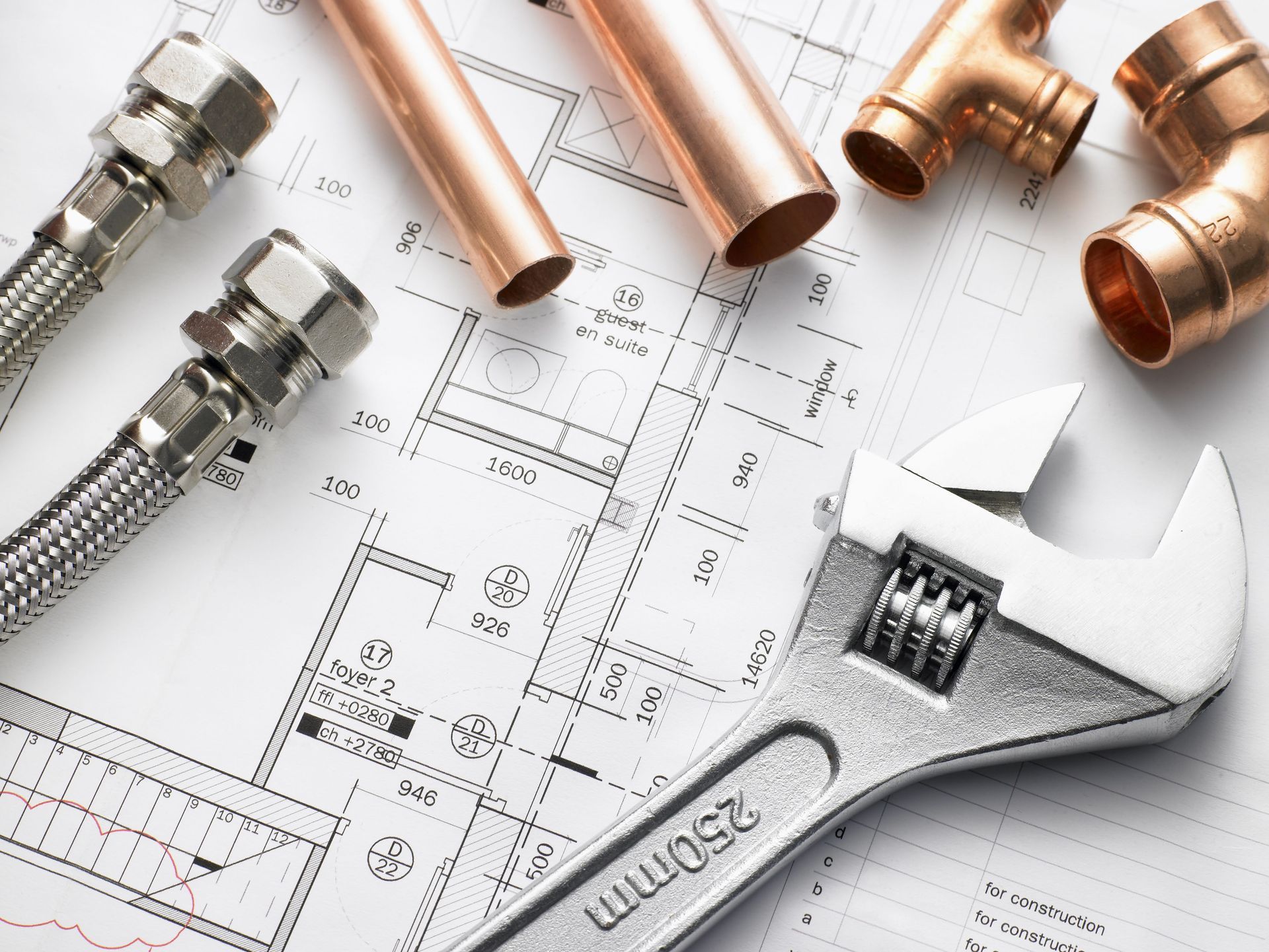Signs of a Failing Water Heater
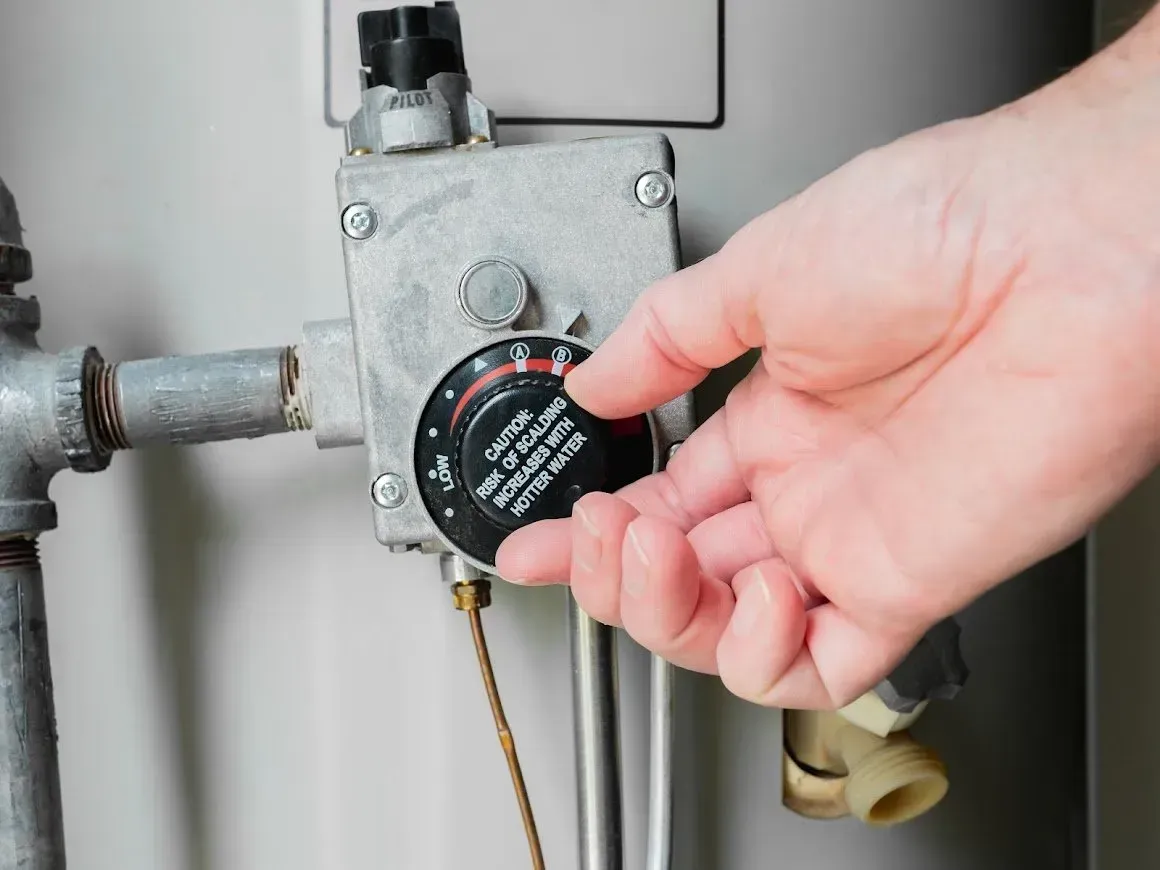
Efficiently heated water is critical to offer your family a constant hot water supply. The water heater is most convenient during the cold season, so you cannot afford to have the hot water heater fail unexpectedly.
Water heaters are designed to last long, especially with proper usage and maintenance. By keenly observing common signs, you can quickly identify when the heater is about to fail. Discovering these signs early allows you to solve problems early and avoid further damage.
Leaky Heater
Damp spots on the floor may signify a leaking tank, usually due to loose pipes or valves. In that case, you can quickly rectify the problem by tightening the fittings.
The leaks may also result from condensation. For instance, when the heater heats water, it may produce steam, which then condenses and manifests as leaks.
Whatever the cause of the leaks, the issue may cause extensive water and energy waste. And if you don't rectify the leaks sooner, you may risk your family's health and safety, as the leaks may lead to electrical hazards and mold growth.
Insufficient Water Heater Capacity
If you notice that the heater doesn't produce as much hot water as it used to, that is an obvious sign that the equipment is nearing failure. The drop in capacity is a result of the heater's sediment buildup.
As the water in the tank heats up, minerals in the water settle at the bottom of the tank. Over time, the sediment buildup will become so high that it will reduce the tank's hot water holding capacity.
In addition to insufficient hot water, sediment buildup may cause a sudden spike in energy bills. The sediment will insulate the heating elements, making the heater work harder and use more energy to heat water.
Noisy Heater
Usually, your water heater should function smoothly and quietly. Any strange noise emanating from the equipment is an early sign of failure. The noise primarily emanates from a sediment-laden tank, especially if you live in a hard-water region.
The noise may also indicate broken heating elements. In that case, you need to replace the damaged parts as soon as possible to avoid further damage to the equipment. Both broken heating elements and too much sediment can compromise the tank's ability to heat water, leading to uneven heating and energy wastage.
Discolored Water
Brownish water may indicate rust in the tank. The water heater tank features metallic parts that are susceptible to corrosion due to water and oxygen exposure. Besides water discoloration, rust may cause your water to smell and taste strange.
Water discoloration may also be a result of sediment in the tank. Therefore, don't automatically assume that discolored water is due to rust. Instead, contact a professional for system inspection to determine the exact cause of the issue and fix it immediately.
Old Water Heater
A time comes when your water heater will stop working no matter how well you maintain it. The reason is that the equipment has a lifespan that varies with make and model.
If you have had your water heater for many years, you are prudent to start thinking of a replacement now. This step will save you from sudden heater failure that may cause immense inconvenience to your family. You don't want to wake up in the middle of a cold night only to discover that there is no hot water running through the taps.
Now that you understand the early signs of a failing water heater, don't wait until the equipment completely breaks down before you start looking for a replacement. Instead, contact us at Oak Creek Plumbing as soon as you notice any of the above signs. We will comprehensively inspect your system and recommend the best remedy based on the extent of the damage.







